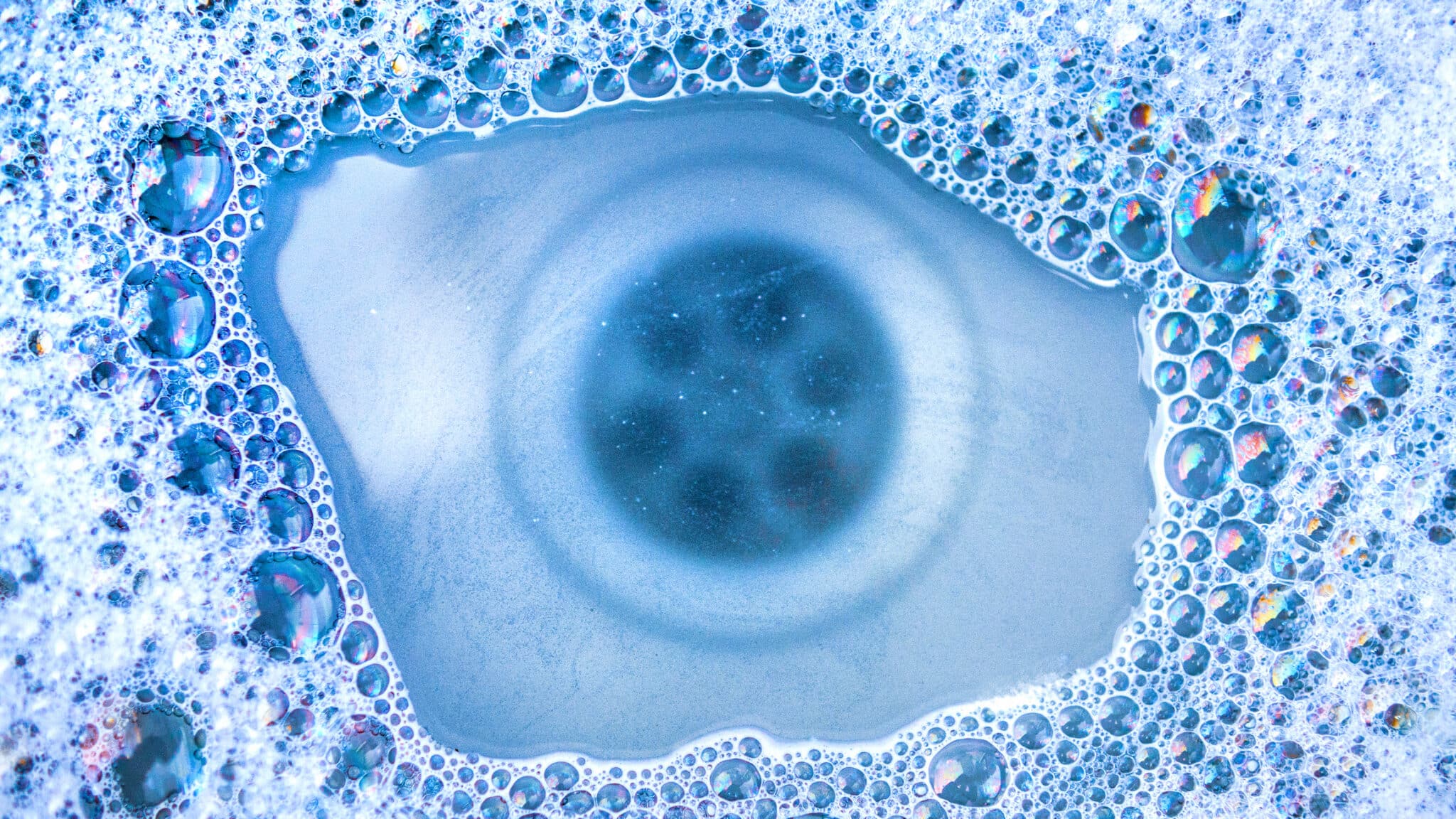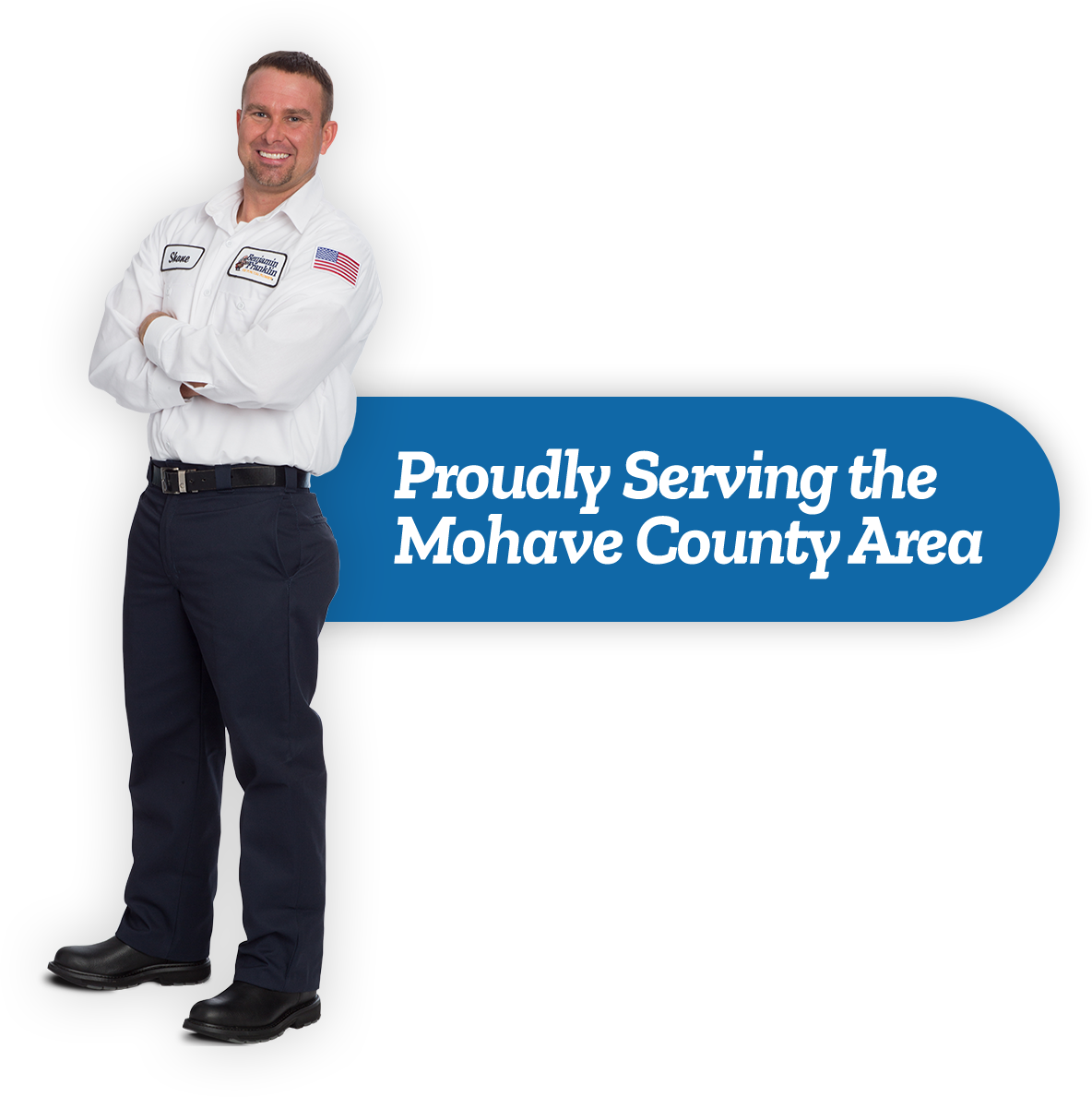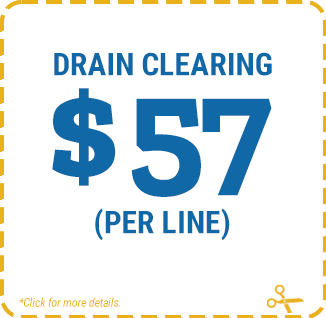Top Clogged Drain Prevention Tips
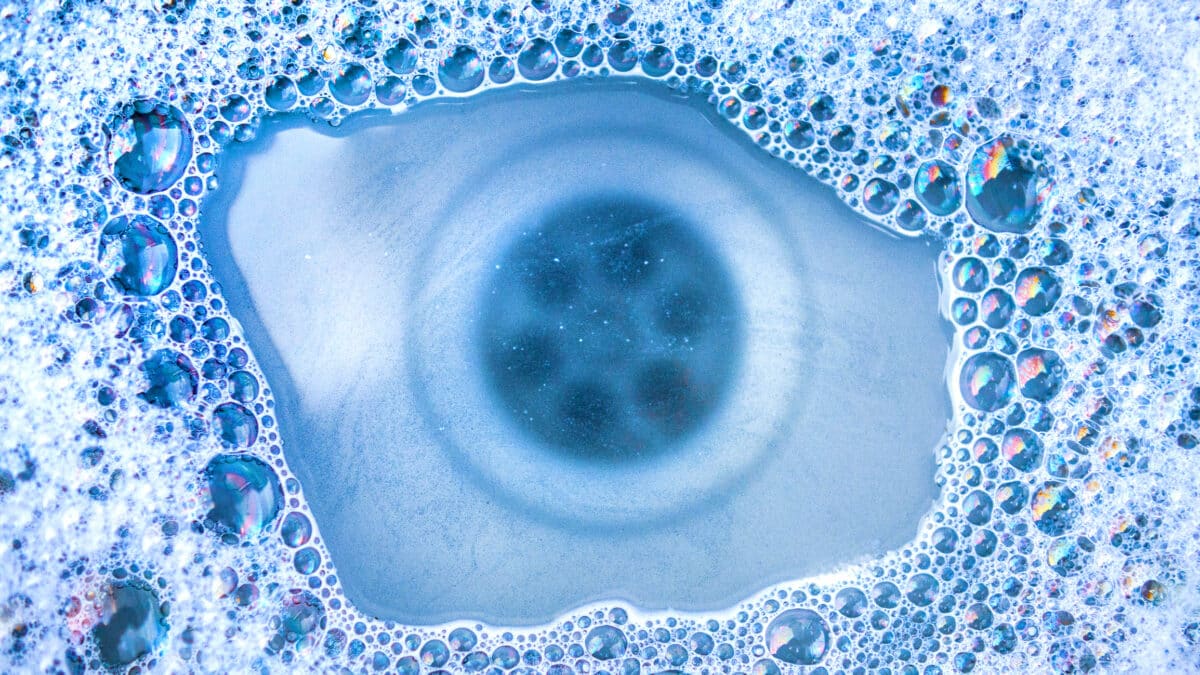
Clogged drains don’t just disrupt your day—they can damage your home and lead to expensive plumbing repairs if ignored. In Kingman, AZ, where hard water is notorious for causing buildup, clogged drains are a frequent issue that demands attention. But the good news is, with simple preventative steps, you can keep your drains flowing freely.
This guide shares expert tips on preventing clogged drains, saving you from the frustration, mess, and unexpected costs that come with neglected plumbing. Protect your home and your peace of mind by staying ahead of clogs before they become a problem.
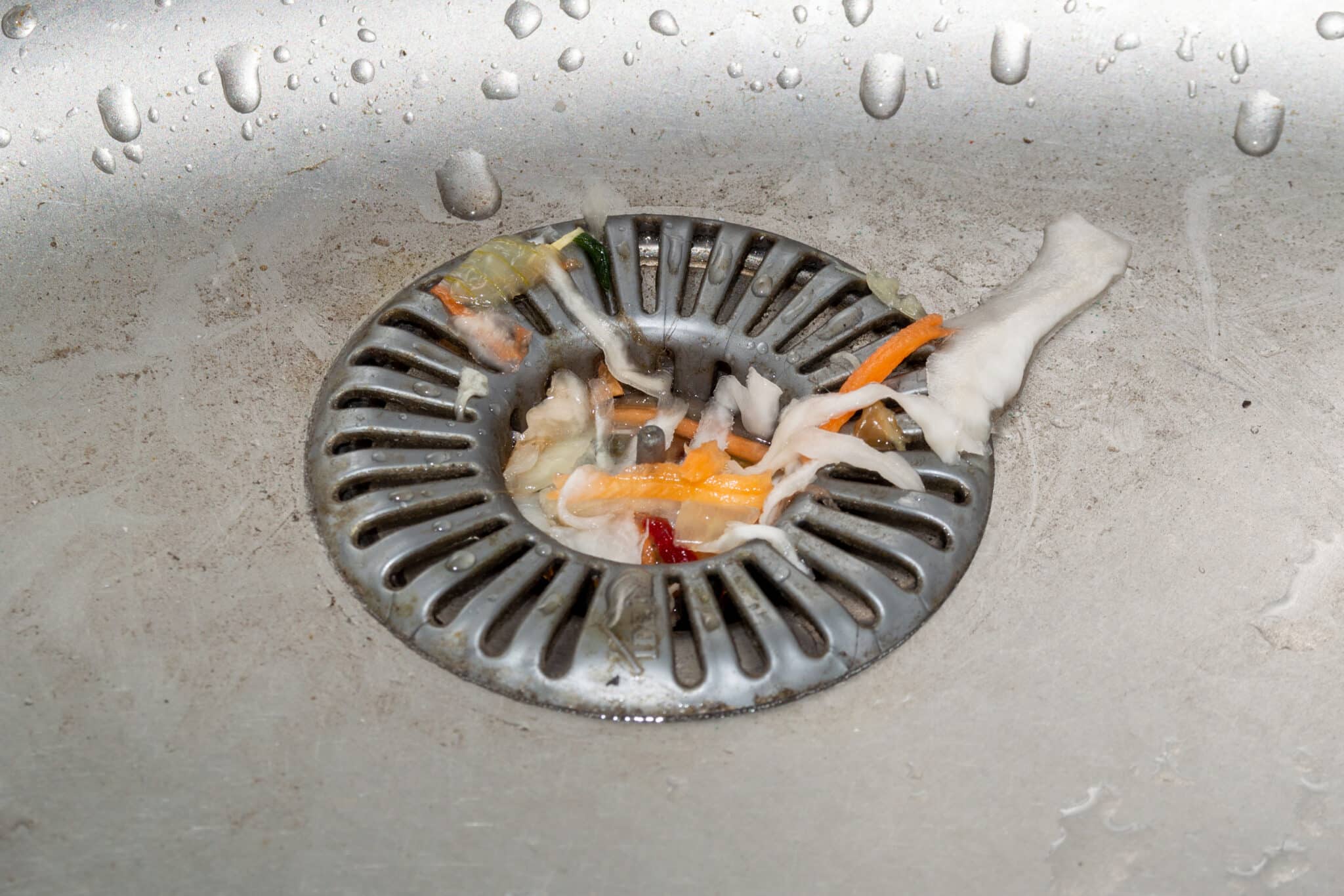
Photo from iStock – Credit: Anton Novikov
Understand the Causes of Clogged Drains
Understanding the causes of clogged drains is essential in preventing them and maintaining a smooth-running plumbing system. In most households, everyday items such as hair, soap scum, grease, and food particles are often responsible for blockages.
These materials accumulate inside your pipes over time, creating stubborn clogs that slow down or completely stop water flow. In Kingman, AZ, this issue is compounded by the region’s hard water, which is rich in minerals that can form deposits inside your pipes, narrowing them further and making clogs more likely.
Grease from cooking, coffee grounds, and food scraps that go down the drain may seem harmless, but they are some of the most common contributors to kitchen sink clogs. In the bathroom, hair combined with soap residue often forms a sticky mess that blocks shower and sink drains.
Hard water adds another layer of trouble by leaving mineral buildup that reduces pipe diameter, increasing the chance of clogs. Knowing these causes helps you implement preventive steps, such as installing drain screens, regularly cleaning your drains, and being mindful of what goes down the sink.
Taking action to address these common causes not only saves you from the frustration of dealing with clogs but also protects your home from potential water damage and costly plumbing repairs. By adopting simple habits and understanding what contributes to clogged drains, you can keep your plumbing system healthy and functional all year round.
Use Drain Screens to Catch Debris
One of the simplest yet most effective ways to prevent clogged drains is by using drain screens. These inexpensive tools act as a barrier, catching hair, food particles, and other debris before they can enter your pipes and cause blockages.
Drain screens are easy to install and come in various sizes and materials, making them suitable for different types of drains, including kitchen sinks, bathroom sinks, showers, and tubs. In Kingman, AZ, where hard water exacerbates clogging issues, drain screens provide an extra layer of protection against mineral buildup.
In the kitchen, drain screens help prevent food scraps, coffee grounds, and grease from slipping into your pipes. In the bathroom, they effectively trap hair and soap scum, which are major contributors to clogged shower and sink drains.
For outdoor drains, using screens can prevent leaves, dirt, and other debris from blocking water flow, especially during the fall when foliage is abundant. Investing in high-quality stainless steel or silicone screens ensures durability and ease of cleaning, making them a practical long-term solution.
Regularly cleaning and emptying your drain screens is essential to maintaining their effectiveness. Simply lift the screen, discard the trapped debris, and rinse it off before placing it back. This small habit can significantly reduce the risk of clogs, extend the life of your plumbing, and keep your drains functioning efficiently. By using drain screens, you’re taking a proactive step in protecting your home from the inconvenience and expense of clogged drains.
Be Mindful of What Goes Down the Drain
A crucial step in preventing clogged drains is being mindful of what you allow to go down them. Many common household clogs are caused by materials that should never enter your plumbing system. Items like grease, coffee grounds, eggshells, and fibrous vegetables may seem harmless, but they can quickly accumulate and cause blockages. In bathrooms, hair, dental floss, cotton swabs, and even “flushable” wipes can create significant clogs over time, especially when combined with soap scum and hard water deposits common in Kingman, AZ.
Grease is one of the worst offenders in the kitchen. When hot, it flows easily down the drain, but as it cools, it solidifies, coating the inside of pipes and trapping other debris. Instead of pouring grease down the sink, let it cool and dispose of it in the trash.
Coffee grounds, which don’t break down in water, should also be thrown away or used in compost rather than being rinsed down the drain.
In the bathroom, using a hair catcher and avoiding flushing anything other than toilet paper can drastically reduce the chances of a clog.
Educating everyone in your household about proper disposal habits is key to maintaining clear drains. By making small changes in what goes down your sink, shower, or toilet, you can prevent the buildup that leads to stubborn clogs. These mindful practices not only keep your drains clear but also help maintain the overall health of your plumbing system, saving you from unexpected and costly plumbing issues.
Regularly Clean Your Drains
Regular drain cleaning is a simple but effective way to prevent a clogged drain and keep your plumbing in top condition. Over time, even the most careful households accumulate debris in their pipes—grease, soap scum, hair, and mineral deposits from Kingman’s hard water all contribute to this buildup, eventually leading to a clogged drain. By making drain cleaning a regular part of your home maintenance routine, you can stop minor blockages before they turn into major problems that require costly professional intervention.
There are several safe, non-toxic methods for cleaning your drains that you can easily do yourself. A monthly rinse with a mixture of hot water, baking soda, and vinegar helps break down grease and dissolve minor buildups, keeping your pipes clear and reducing the risk of a clogged drain.
For bathroom drains, removing and cleaning hair catchers and manually clearing visible debris can prevent blockages before they start. However, avoid using harsh chemical drain cleaners; these products may offer a quick fix, but they can damage your pipes over time and are harmful to both your plumbing and the environment.
To keep your plumbing running smoothly, scheduling professional drain cleaning with experts like Benjamin Franklin Plumbing of Mohave County is essential. Our team uses advanced equipment to thoroughly remove hidden buildup, ensuring your drains remain clear and efficient.
Regular maintenance extends the life of your pipes, maintains water flow, and helps spot early signs of trouble before they escalate. Don’t wait for a minor clog to turn into a major issue—contact Benjamin Franklin Plumbing of Mohave County today and let us help you keep your drains in top shape.
Avoid Chemical Drain Cleaners
When a drain slows down or clogs, reaching for a chemical drain cleaner might seem like an easy fix. But these products often do more harm than good. Chemical cleaners are loaded with harsh ingredients that can eat away at the clog—and your pipes. Over time, the corrosive nature of these chemicals weakens your plumbing, leading to leaks, cracks, and even pipe bursts. In Kingman, AZ, where hard water already takes a toll on your pipes, adding harsh chemicals only accelerates wear and tear, turning a simple clog into a costly plumbing disaster.
Beyond the damage to your pipes, chemical cleaners are hazardous to your health and the environment. The toxic fumes they release can be harmful to breathe, and any residue left behind can contaminate local water supplies, posing risks to wildlife and your community. Instead of relying on these dangerous quick fixes, choose safer, more effective methods. A simple mix of baking soda and vinegar followed by hot water can break down minor clogs naturally. For tougher blockages, tools like a plunger or plumber’s snake can clear drains without introducing harmful substances into your home.
When a clog is beyond DIY solutions, the safest and most effective approach is to call in professionals. At Benjamin Franklin Plumbing of Mohave County, our expert team uses advanced, chemical-free techniques to tackle even the most stubborn clogs. We prioritize the safety of your pipes and the health of your home, offering reliable solutions that protect your plumbing for the long term. Don’t risk damaging your system—contact Benjamin Franklin Plumbing of Mohave County today and let us handle your drain problems the right way.
Routine Maintenance Checks
Imagine waking up one morning to a flooded bathroom or a kitchen sink that won’t drain. These plumbing nightmares often start as small, hidden issues that could have been easily prevented with routine maintenance checks.
In Kingman, AZ, where hard water relentlessly attacks your pipes, regular maintenance isn’t just a good idea—it’s essential. It’s the difference between catching a problem early and facing a full-blown plumbing disaster that disrupts your life and drains your wallet.
At Benjamin Franklin Plumbing of Mohave County, we believe in proactive care. Our routine maintenance checks are more than a quick look; they’re a comprehensive health check-up for your plumbing system.
Using cutting-edge technology, our expert technicians go beyond surface-level inspections. We detect hidden issues like mineral buildup, early-stage corrosion, slow-forming blockages, and small leaks that could become costly repairs if left unchecked. Our personalized approach means we don’t just fix what’s broken; we equip you with the knowledge and solutions to prevent future problems, tailored specifically to your home’s needs.
Routine maintenance isn’t just an expense—it’s an investment in your home’s future. It keeps your plumbing running smoothly, extends the lifespan of your pipes, and saves you from the unexpected costs of emergency repairs.
Don’t let small problems turn into major disruptions. Contact Benjamin Franklin Plumbing of Mohave County today to schedule your routine maintenance check and experience the peace of mind that comes with knowing your plumbing is in the best possible hands.

Seasonal Tips for Drain Care in October
As the cooler weather of October rolls in, it’s time to adjust your approach to prevent a clogged drain. Seasonal changes bring unique challenges, especially in Kingman, AZ, where falling leaves, increased rainfall, and temperature fluctuations can impact your plumbing.
Leaves and debris can easily find their way into outdoor drains, causing blockages that lead to water backups and potential flooding, ultimately resulting in a clogged drain. Indoors, as you shift to heartier meals and more time at home, kitchen drains can face extra strain from food scraps and grease buildup, increasing the risk of a stubborn clogged drain.
To protect your home this fall, take a few simple but effective steps to keep your drains clear. Start by cleaning gutters and outdoor drains regularly to prevent leaves and debris from creating clogs. Installing drain guards can help catch larger particles before they enter your system. Inside your home, be mindful of what goes down the kitchen sink—dispose of food waste properly, and avoid pouring grease down the drain. If you’re cooking more comfort foods, remember that the extra oils and fats can solidify in your pipes, leading to slow drains and stubborn blockages.
October is also an excellent time to schedule a professional drain inspection. At Benjamin Franklin Plumbing of Mohave County, we provide seasonal maintenance tailored to address the unique challenges of fall. Our team can clear your drains of buildup and ensure your plumbing is prepared for the colder months ahead.
Don’t let seasonal changes catch you off guard—contact us today to keep your drains flowing smoothly all season long.
When to Call a Professional Plumber
Dealing with a clogged drain can be frustrating, but knowing when to call a professional plumber can make all the difference. While some minor clogs can be tackled with DIY methods, persistent or recurring issues often signal a deeper problem that requires expert attention. If you notice slow drains throughout your home, recurring clogs that keep coming back, gurgling sounds, or unpleasant odors wafting from your drains, it’s time to bring in the professionals. These signs often indicate underlying issues such as severe blockages, pipe damage, or even problems with your sewer line.
Ignoring these symptoms can lead to more severe damage, including water backups, leaks, or even burst pipes. In Kingman, AZ, where hard water compounds the risk of mineral buildup inside your pipes, clogged drains can quickly escalate into costly repairs. That’s why it’s crucial to act fast. At Benjamin Franklin Plumbing of Mohave County, our team uses advanced diagnostic tools, including camera inspections, to pinpoint the exact cause of your clogged drain and provide a targeted solution that goes beyond temporary fixes.
Don’t wait for a simple clogged drain to turn into a major plumbing disaster. Contact Benjamin Franklin Plumbing of Mohave County today for expert service you can trust. We’re here to ensure your drains are clear, efficient, and free of problems that could disrupt your day-to-day life.
Conclusion
Preventing a clogged drain is key to keeping your home’s plumbing running smoothly. By regularly cleaning your drains, watching what goes down them, and scheduling routine maintenance, you can avoid costly repairs and disruptions. At Benjamin Franklin Plumbing of Mohave County, we’re ready to help you keep your drains clear and efficient.
Don’t wait until it’s too late—contact us today for expert drain care and enjoy worry-free plumbing all year round.
FAQs About Clogged Drain Prevention
-
What is the best way to prevent a clogged drain in the kitchen sink?
The best way to prevent a clogged drain in your kitchen is to be mindful of what goes down the sink. Avoid pouring grease, oils, and food scraps into the drain. Use a drain screen to catch debris and regularly clean it out. Additionally, periodically flush your drains with hot water, baking soda, and vinegar to keep them clear of buildup.
-
How often should I clean my bathroom drains to prevent clogs?
To prevent a clogged drain, clean your bathroom drains at least once a month. Use a hair catcher in showers and sinks to minimize hair buildup. Regularly remove and clean the catcher and flush the drain with hot water to dissolve soap scum and residue that can contribute to clogs.
-
Are there any safe homemade solutions for clearing a clogged drain?
Yes, a mixture of baking soda and vinegar followed by hot water is a safe and effective homemade solution for minor clogs. Pour half a cup of baking soda into the drain, followed by half a cup of vinegar. Let it sit for 15 minutes, then flush with boiling water. This method helps break down organic matter and can clear small blockages.
-
What are the signs that my drain is about to clog?
Early signs of a potential clogged drain include slow drainage, gurgling noises from pipes, water pooling around drains, and unpleasant odors. Address these symptoms early to prevent a complete blockage, which often requires professional intervention.
-
Why should I avoid using chemical drain cleaners for a clogged drain?
Chemical drain cleaners can be harsh on your pipes, causing corrosion and long-term damage. They often provide only a temporary fix, leaving underlying issues unresolved. It’s safer to use natural methods or call a professional like Benjamin Franklin Plumbing of Mohave County for a thorough, effective, and safe solution.










